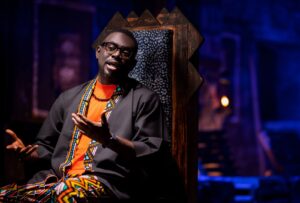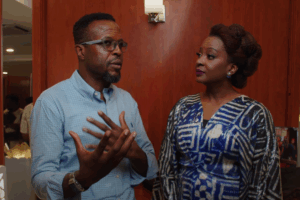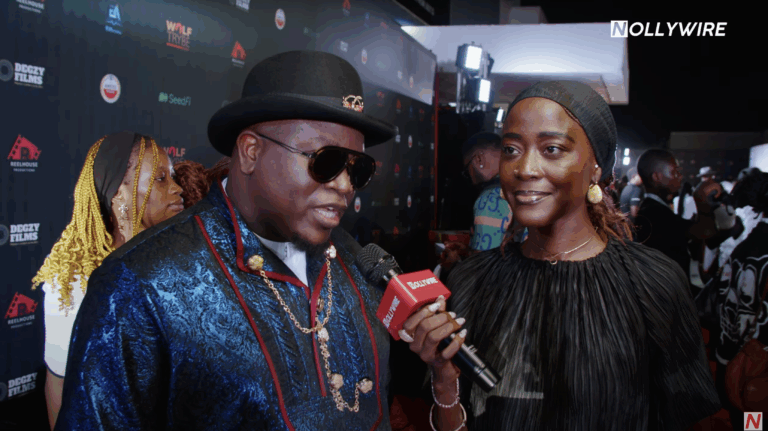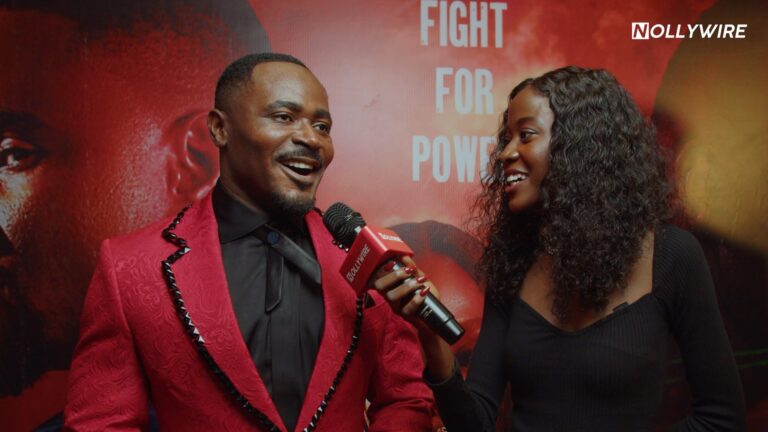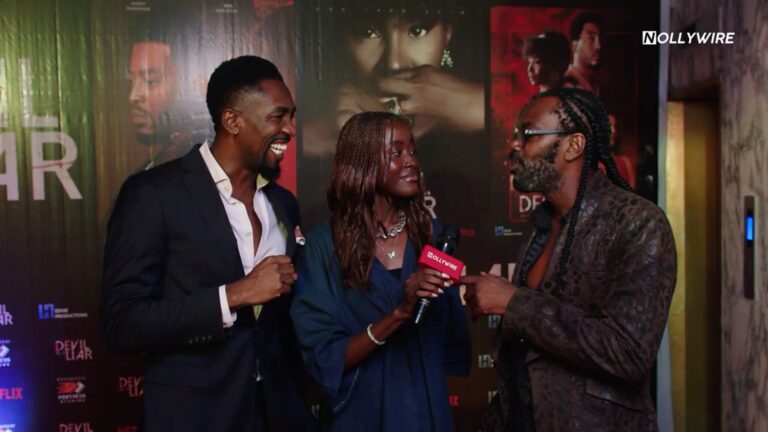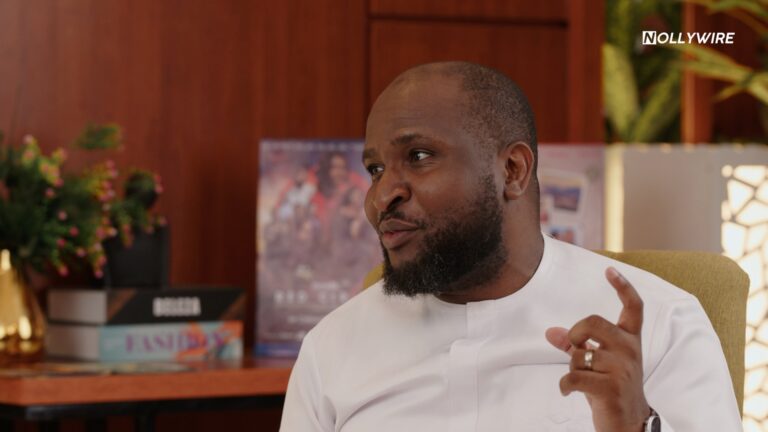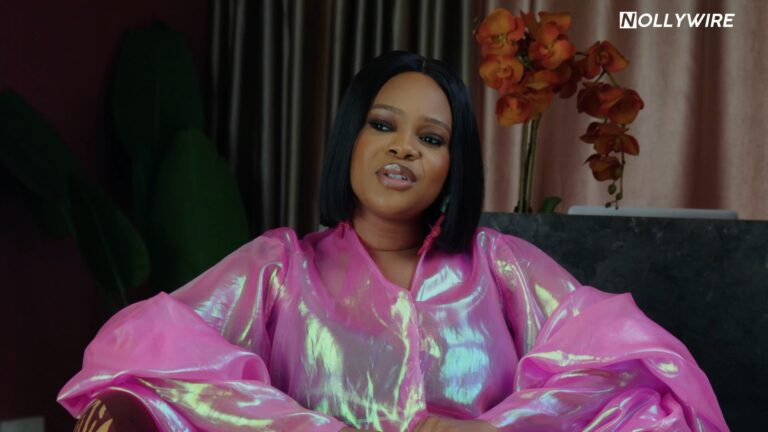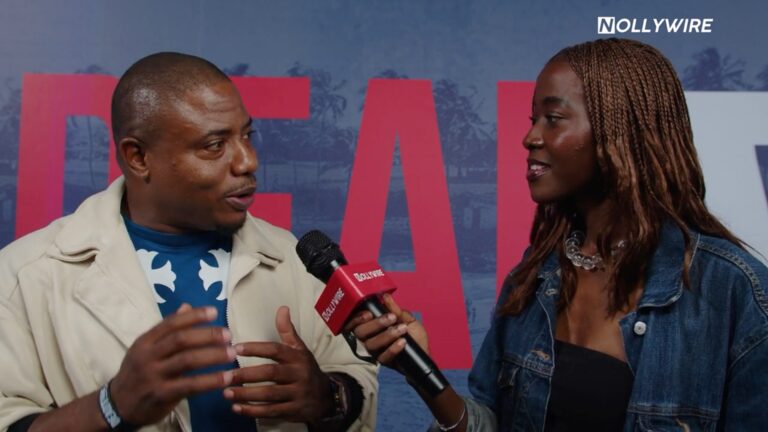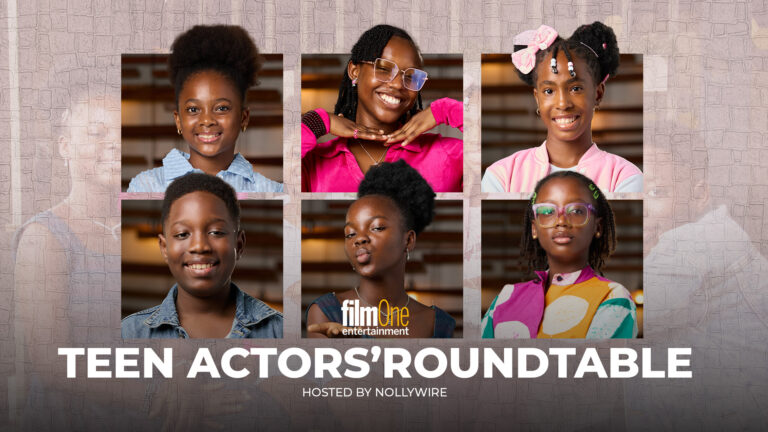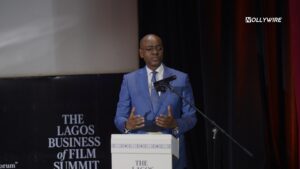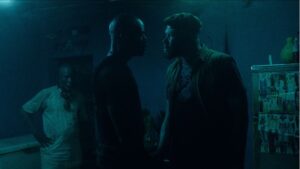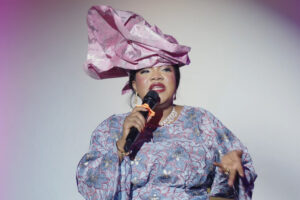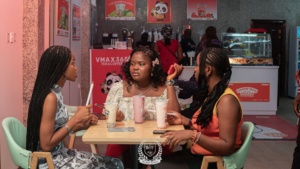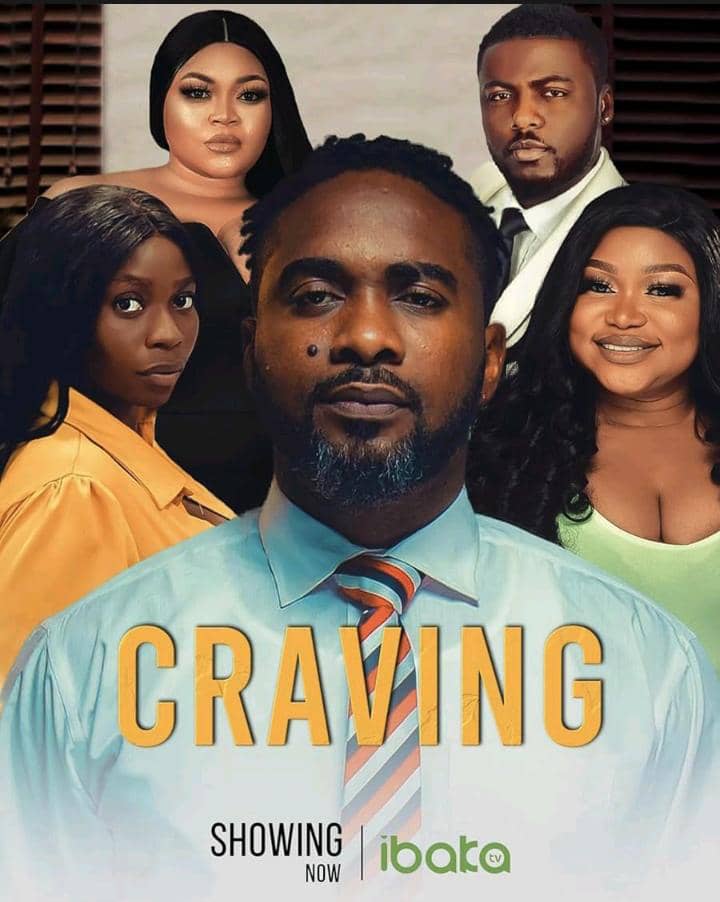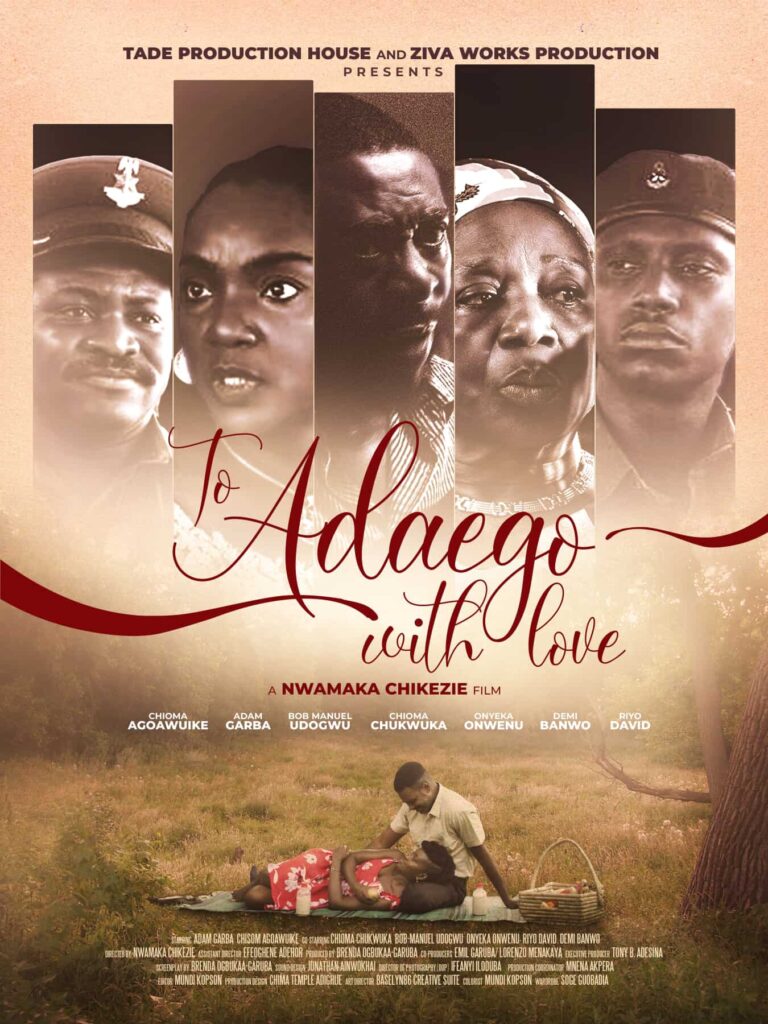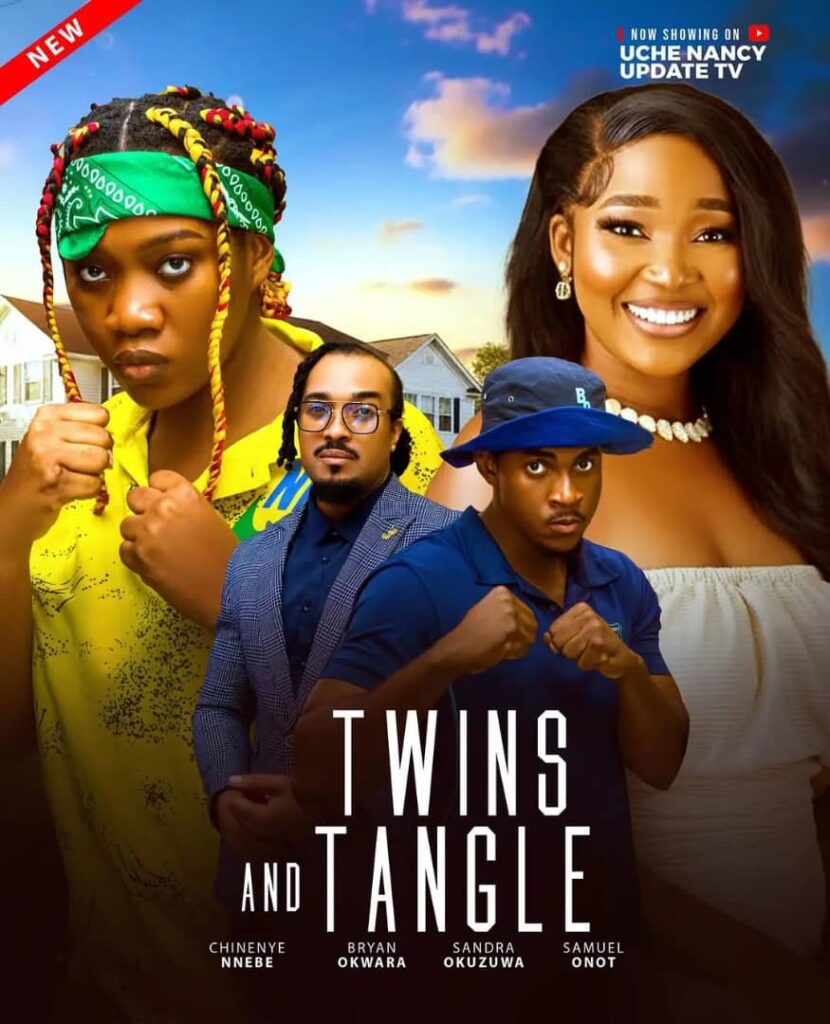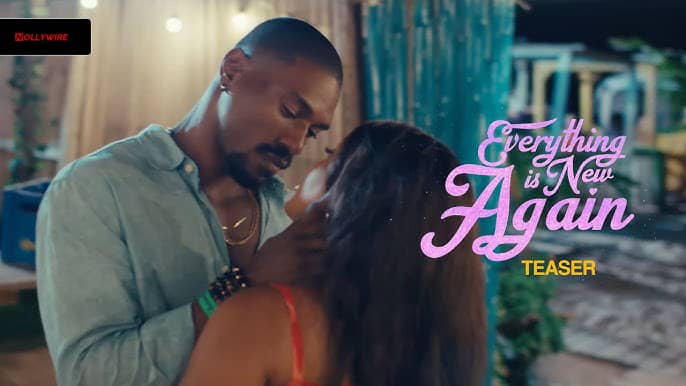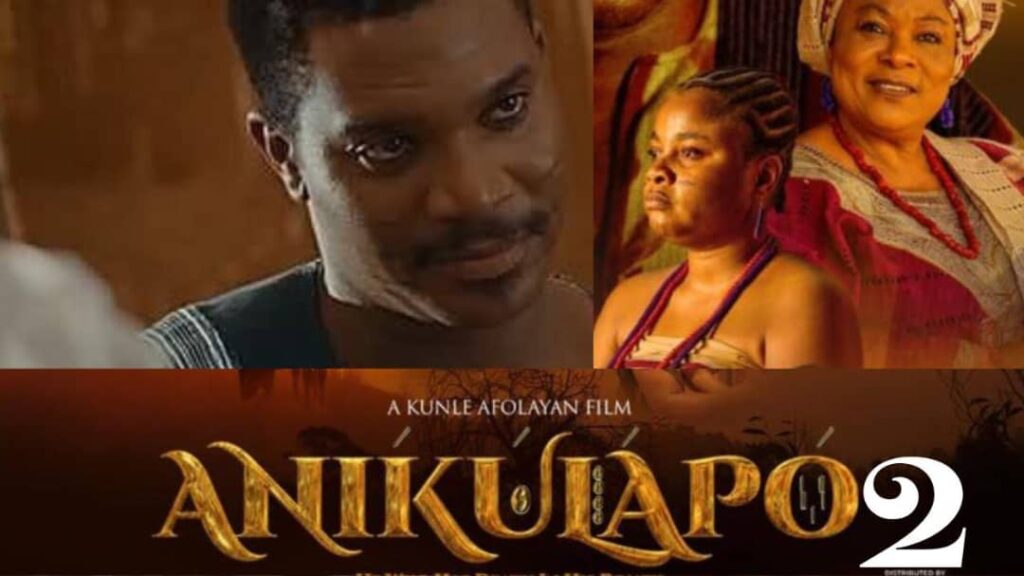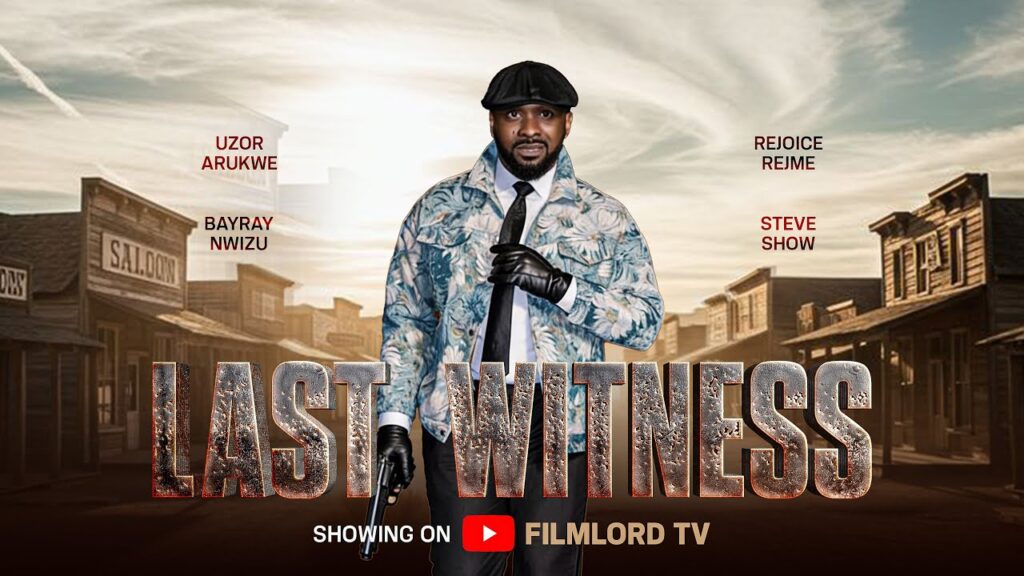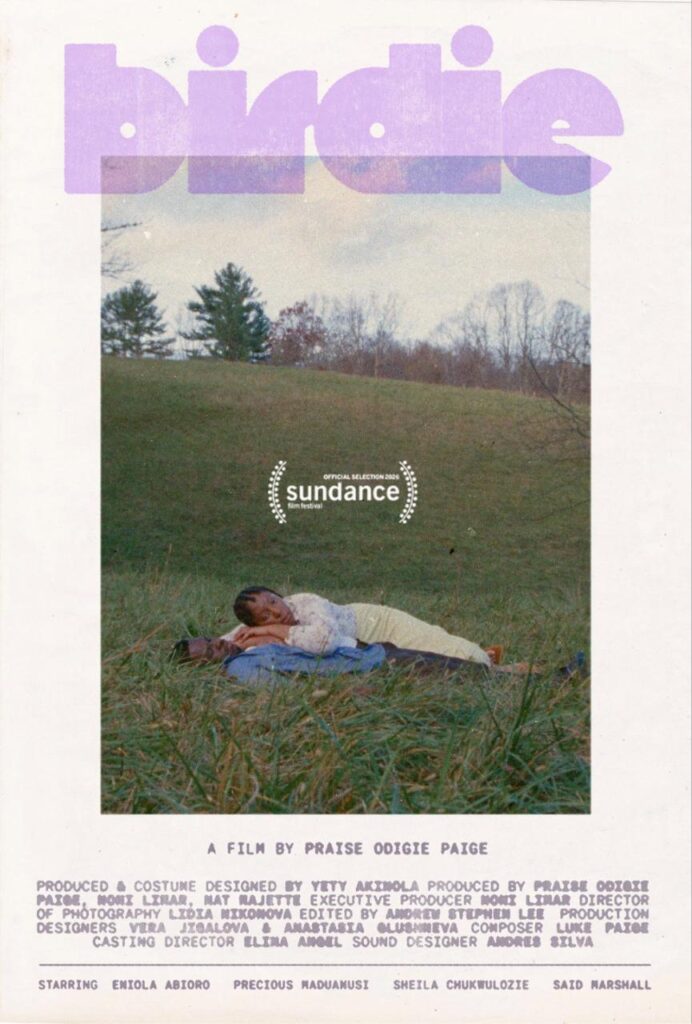In ‘Radio Voice’, a woman with a past finds her voice—and a new way forward. Isioma Osaje’s latest film is a tender, fearless portrait of what it means to stand in the wreckage of your old life and still choose to speak. It’s a story about shame and survival. About radio as resistance. But mostly, about how some voices—no matter how long silenced—can never stay quiet for good.
At the centre of Radio Voice is a former sex worker turned radio host. Played with quiet power by Nancy Isime, she doesn’t beg for acceptance or perform redemption. She speaks—firmly, clearly—and commands her space. Her voice, once stifled by circumstance and judgement, becomes her most powerful tool.
“We shot it about two years ago,” she recalled. “It was fun, and working with greats like the people I worked with was just fantastic.” Though she has no background in radio, her performance feels grounded, intuitive—like someone who’s lived with silence and is finally learning how to fill it. Her words to women walking a similar path are few but powerful: “Keep going. God’s got you.”
For co-producer and story originator Isioma Osaje—who made the film alongside Blessing Nze and Yolanda Okereke—it was always meant to challenge the gaze.
“This isn’t a pity project,” Osaje said. “It’s about power. A woman’s history shouldn’t be something to run from. It’s something to honour.”
“It’s about the resilience of the human spirit.”
That theme of earned redemption struck a personal chord for Richard Mofe-Damijo (RMD), who served as executive producer and stars in the film. At the premiere, he recalled what it meant to pursue acting in Nigeria’s past—how it felt to be dismissed for following a creative path during the military era.
“Standing up in the ‘80s and calling yourself an actor was not a very fancy thing,” he said. “But we built this from the ground up. That’s the story this film tells.”
He paused, then added with the weight of someone who’s seen decades pass, “Love is just around the corner. Don’t despair.”
A Return Marked by Peace
The film also marks the welcome return of Damilola Adegbite, who hadn’t been on a film set in a while—and almost turned this one down.
“The first instinct was no,” she admitted. “I hadn’t been in the movie scene for a while; I was just busy with other things. But I read the script, and I was like, Okay.”
Her return wasn’t marked by anxiety but a strange, steady kind of peace. “It wasn’t nervousness—it was excitement in a weird way. I knew all the cast and pretty much all the crew. So I was like, this is a good one. We’re here.”
“We were all focused on one goal.”
Behind the camera, the production was driven by a unified purpose. “It was beautiful and seamless,” said co-producer Blessing Nze. “There wasn’t any unnecessary air. We were all focused on one goal: producing a fantastic film.”
Nze has walked through her own dark moments, and her belief in stories like ‘Radio Voice’ is unwavering. “Pick yourself up. Come up. There’s always light at the end of the tunnel—and that light will shine brighter than you’ve ever known.”
The Next Generation Speaks
Jasmine Olarotimi, who plays Nancy Isime’s daughter, brings a youthful openness to the screen. “It was extremely exhilarating,” she said, smiling wide. “Not only did we bond on set—we also bonded off set.”
Her performance caught the eye of RMD himself, who publicly praised her talent. “I just heard this for the first time today,” she said, beaming. “For somebody like RMD to say that my performance blew him away… that’s just so wow.”
Jasmine speaks with the clarity of someone already thinking about legacy. “I want to do a radio show on climate change,” she said. “It’s about storytelling. And change.”
“Try it again. Keep trying. But put God inside now.”
The film also stars Nse Ikpe-Etim, Blossom Chukwujekwu, Timini Egbuson and Deyemi Okanlawon, but the emotional core belongs to the women at its heart—and the friendships that carry them.
Oprah Okereke, who plays a supporting but crucial role in Nancy Isime’s character arc, put it simply: “She just had her back.”
“It doesn’t matter if you’ve experienced loss… always still be open.” And for those afraid to love again?
“Try it again,” Okereke said. “All of us have been hurt. Try it again. Keep trying. But put God inside now.”
In a time of soft rebrands and polished apologies, Radio Voice refuses to beg. It doesn’t tidy trauma into neat bows. It doesn’t sell shame as spectacle. Instead, it stands tall in the mess and lets a woman speak.
And that, in this world, might be the most radical thing of all.


